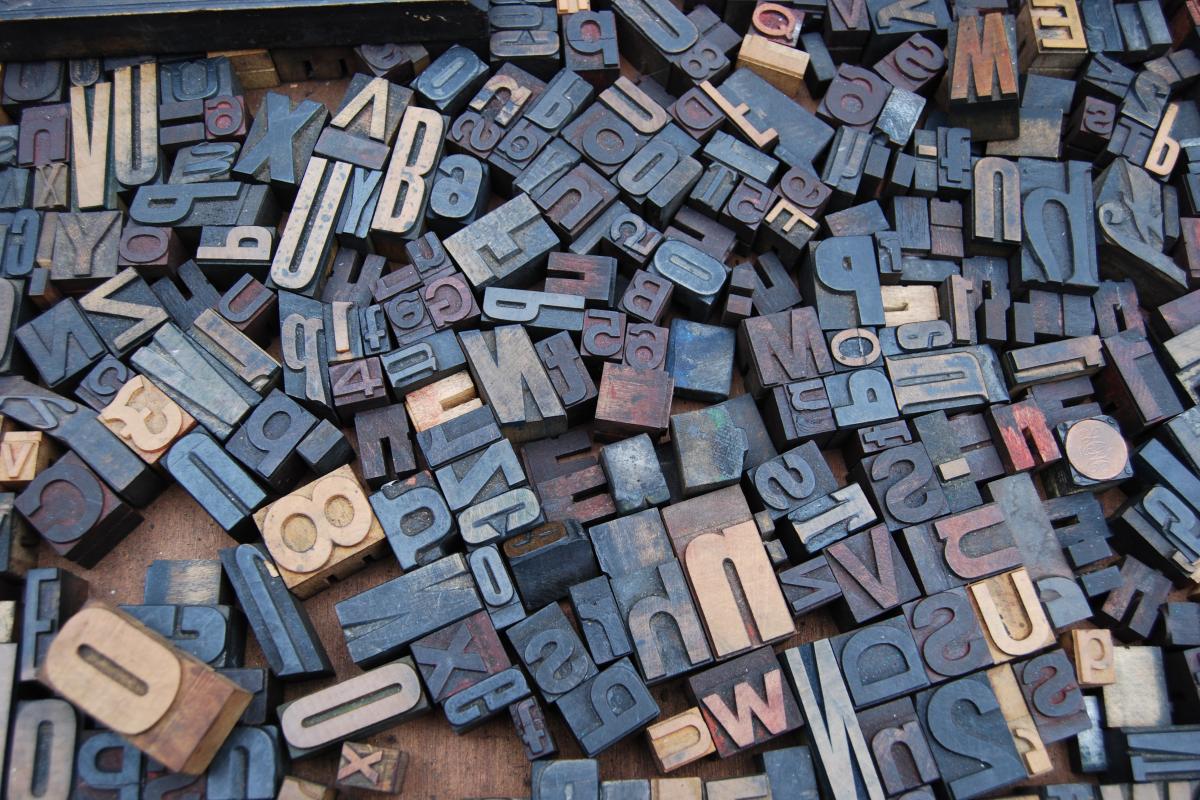Unless you live in westward ho! or saint-louisdu-ha!ha!, use exclamation marks sparingly
In Chekhov’s short story The Exclamation Mark, a civil servant trying to get to grips with the rules of punctuation develops a paranoid fantasy in which everyday objects transform themselves into malevolent exclamation marks.
I’m with F Scott Fitzgerald who wrote: ‘Cut out all those exclamation marks. An exclamation mark is like laughing at your own jokes.’ Elmore Leonard wrote of exclamation marks: ‘You are allowed no more than two or three per 100,000 words of prose.’
Get a grip
An exclamation mark is like shouting or whooping. It’s like screaming, ‘I REALLY MEAN THIS’, after you’ve spoken. And in business writing, exclamation marks are not to be encouraged, aside from special occasions.
Too many emails use exclamation marks, and they’re especially irritating when used in groups of two or three. Admittedly, email has seen exclamation marks make something of a comeback.
Before the 1970s, typewriters did not have anything akin to an exclamation mark on the keyboard, which may have been another reason for their rarity. It was a lot of effort to type a full stop, then back space, push the shift key and type an apostrophe.
So, when to use exclamation marks? Use them sparingly and then they will have the impact you need. They should be used to demonstrate surprise, anger or joy. That’s all. And, if you’re not sure, use a full stop instead. So is ‘Thanks!!!’ more grateful than ‘thanks’? I don’t think so.
Elen Lewis
Five ways To… listen
1 silence. Spend three minutes a day in silence. This will reset your ears and help you recalibrate so you can hear the quiet and the subtle again.
2 the mixer. Differentiate the noise. How many channels of sound can you distinguish in a coffee bar? In the street? At a lake? This exercise will improve the quality of your listening.
3 savouring. Learn to enjoy mundane sounds, from the waltz of your tumble dryer to the coffee grinder. Mundane sounds can be richly fascinating if you pay attention: discover the hidden choir.
4 Listening positions. We listen through filters, most powerfully our intention. Change your listening position and it can change your world.
5 rasa. This acronym is also the Sanskrit word for juice or essence. RASA stands for Receive (pay attention to the person); Appreciate (make noises like hmm, oh, okay); Summarise (the word ‘so’ is important in communication); and Ask (ask questions afterwards).
Watch Julian Treasure of The Sound Agency on TED.com.
For more, visit www.juliantre
